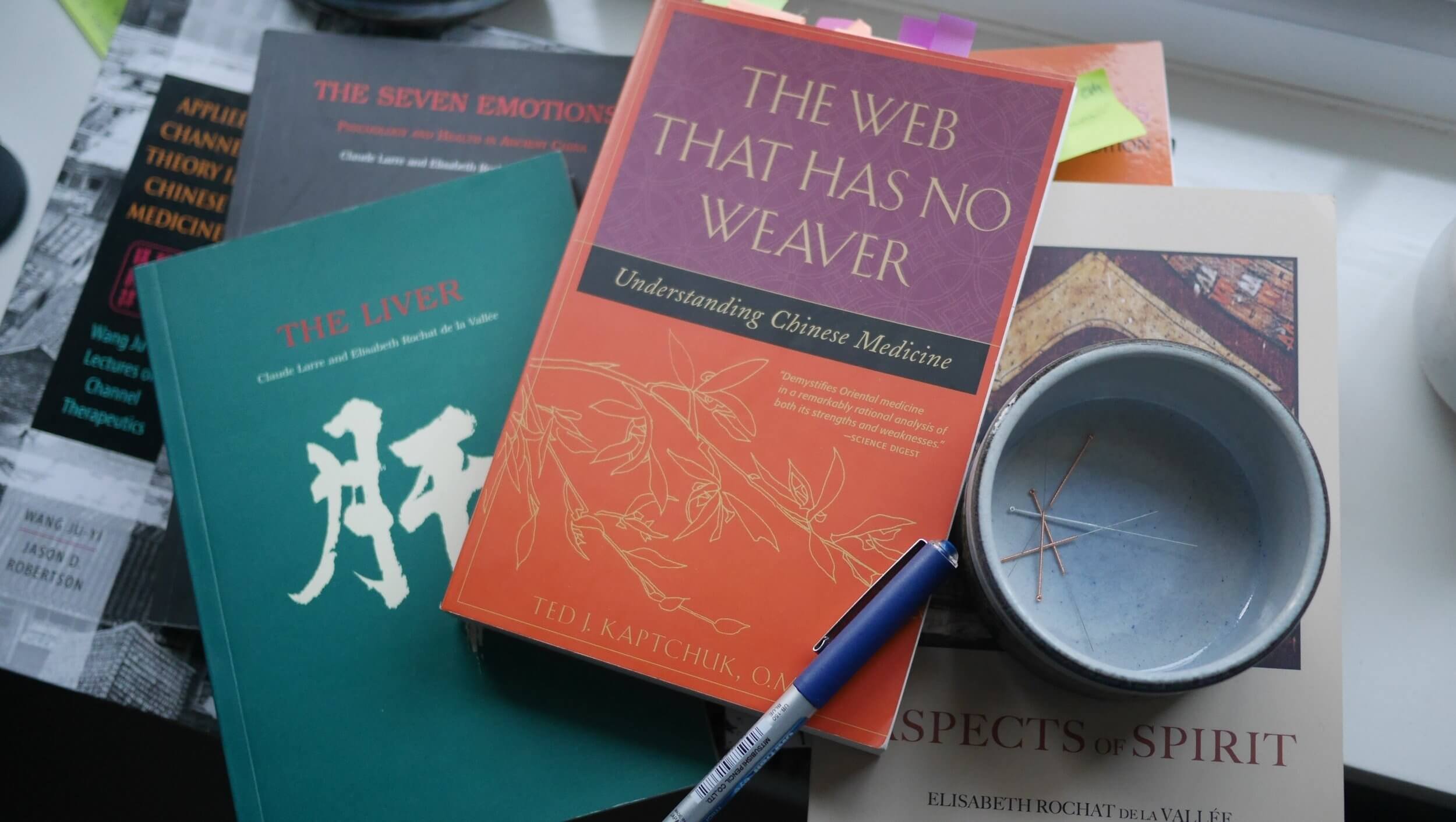
Training.
I spent four years studying at the City College of Acupuncture in London, where I was awarded a first-class Licentiate Diploma in Acupuncture, accredited by the British Acupuncture Accreditation Board (BAAB).
My training focused on Traditional Chinese Medicine (TCM) with in-depth study of Chinese medicine theory, diagnostics and treatment, and Western medicine anatomy, physiology, pathology, red flags and research.
During my studies, I also gained a Diploma in Tui Na under Sarah Pritchard, one of Europe’s leading experts and teachers, and trained in auricular acupuncture with John Tindall, who introduced the NADA protocol for trauma, PTSD and addiction to the UK.
I am a member of the British Acupuncture Council (BAcC) and adhere to its code of ethics, upholding the highest standards of professional conduct and safe practice.
I also attend regular supervision sessions to refine my clinical skills and have participated in several initiatives focused on supporting neurodivergent people in a wide range of settings.
In addition, I hold two BA (Hons) degrees: one in Drama & Theatre Arts from Goldsmiths, University of London, and another in Professional Acting from LAMDA. This education, along with my life experience, has given me a deep understanding of the human condition, which informs my therapeutic approach.
My story.
In my thirties I was struggling with persistent tendonitis in my back. I'd seen a specialist, and ultimately was told to rest, which hadn’t worked. Frustrated, I joked that I wished I could just stick a pin in it. My friend suggested I try acupuncture.
From the first session, I felt a profound shift. The needles targeted the root of my pain, but more than that, I felt understood. The acupuncturist didn’t just focus on my symptoms but looked at the bigger picture, interested in what my body was trying to communicate. After a short course of treatments, my back pain was gone.
What stayed with me was the deeper experience. The practitioner’s presence and thoughtful questioning revealed patterns I hadn’t recognised in myself. I realised that acupuncture isn’t just about pain relief—it’s about the conversation between body, mind and spirit, whether we’re paying attention or not.
Before becoming an acupuncturist, I trained as an actor, drawn to exploring what lies beneath the surface—why someone behaves the way they do, what they need, how they seek it and the obstacles they face. I was fascinated by how people move, express themselves and speak through their bodies. Chinese medicine provided a new lens, expanding my understanding of how we carry our experiences—both physically and emotionally—within us, while simultaneously offering a way to create change.
This harmony of art and science, of listening and observing, has become the foundation of my practice. I aim to create a space where people feel truly seen and supported—not only in their physical health, but as multifaceted beings navigating life as best they can. My hope for you is that through the innate wisdom of this ancient medicine, you find more freedom, joy and connection on your journey.



